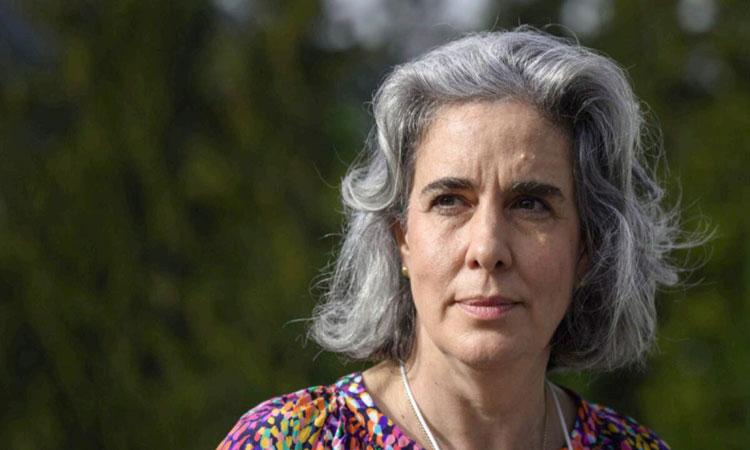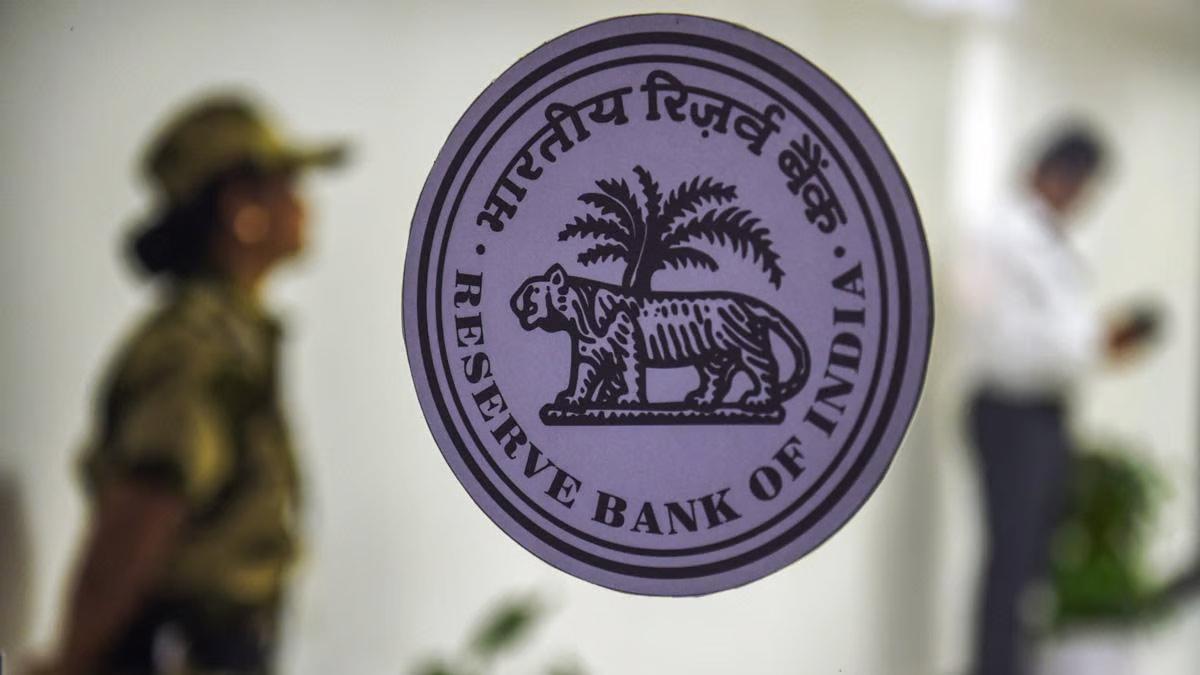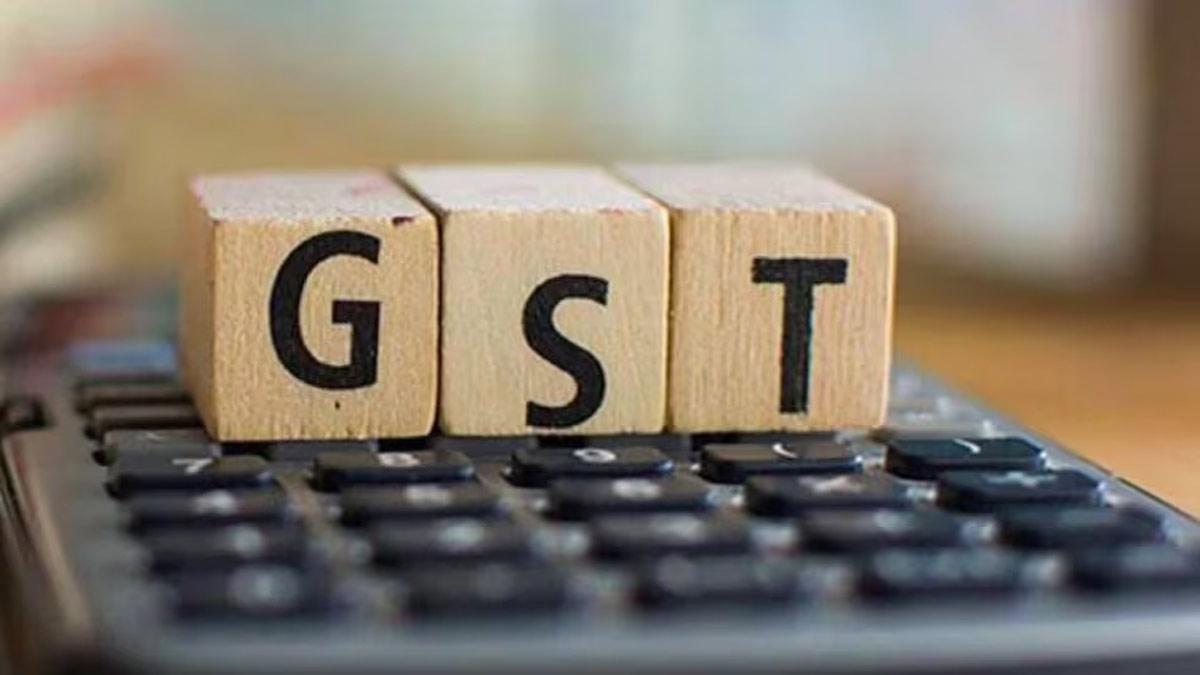Food, fossil fuel and pharmaceutical companies that have enjoyed bumper profits in the Covid-19 pandemic and its aftermath should be hit with a windfall tax on their excess income, the global head of Oxfam has said.
A windfall tax of 90 per cent on the excess profits globally would yield about $490 billion that could be used to solve the food crisis, which is heading to "catastrophic levels" for hundreds of millions of people, and set the world on the path to a sustainable food system, the Guardian quoted Gabriela Bucher, executive director of Oxfam International, as saying.
"The food crisis we're facing is extremely serious, and probably unprecedented. There's insufficient funding to address the immediate life-saving that is required, but also for the long term, addressing the root causes," she said.
"If we don't act fast, it will continue and reach really catastrophic levels."
A windfall tax could be used to alleviate the cost of living crisis for the poor in developed countries, and the building hunger in the developing world, argued Bucher.
"We know that large corporations are making very significant profits, and have been making them during the pandemic," she said, singling out fossil fuels, food and pharmaceuticals.
Also Read | India saw 9.36 bn transactions worth Rs 10.2 tn in Q1 2022, UPI leads
"We've calculated how much excess profit there has been during the pandemic and taxing excess profits as a windfall tax would generate resources both for the most affected populations in the richer countries, and to be able to fulfil commitments in terms of aid, and responding to the worst suffering in the world."
Such a tax would also produce funds to bolster the food system against future crises, the Guardian quoted the Oxfam executive director as saying.
"(It would) also address longer-term food security issues, because it's important to save lives now, but also really strengthen the systems that will enable populations to be resilient," she said.


















